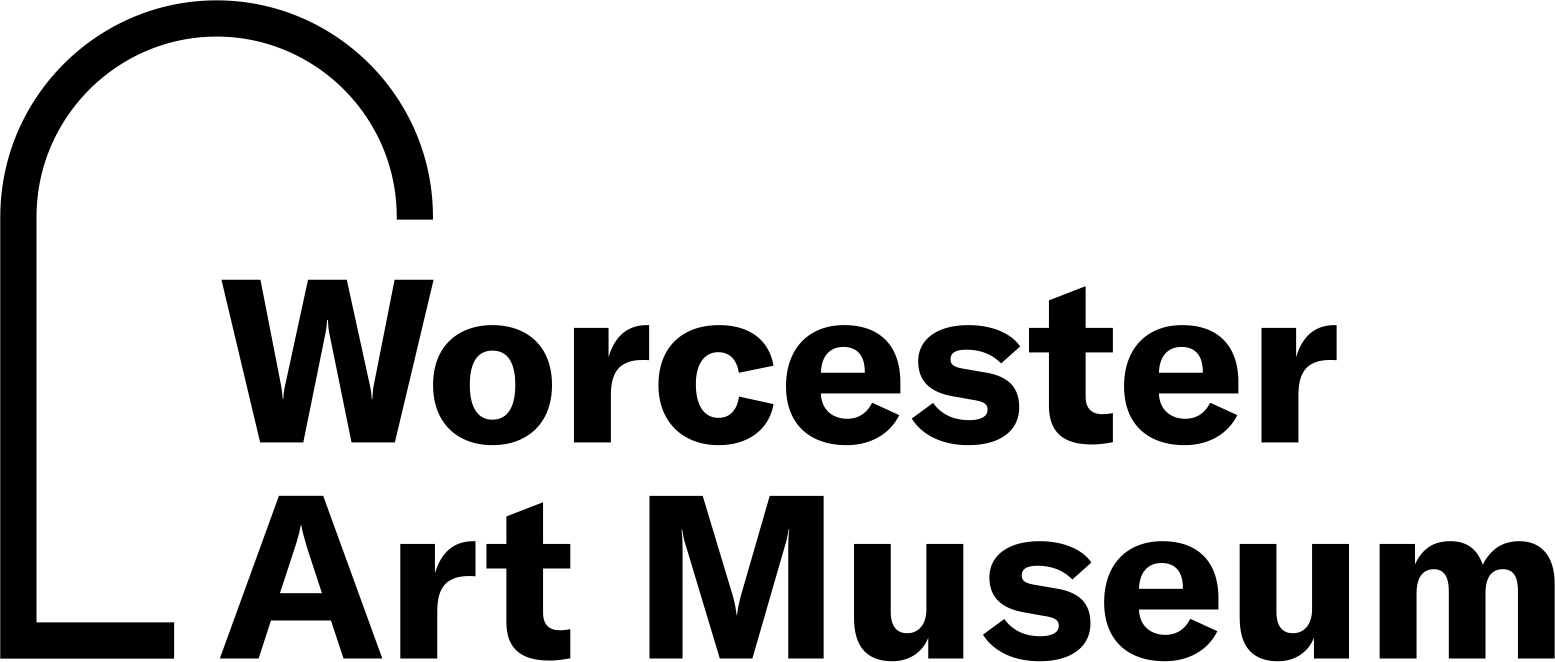Card Players and Merrymakers
Artist
Jacob Duck
(Dutch, 1600–1667)
Date1638–1642
Mediumoil on panel
Dimensionspanel: 47.9 x 73.7 cm (18 7/8 x 29 in.)
ClassificationsPaintings
Credit LineCharlotte E.W. Buffington Fund
Object number1974.337
Label TextIn this work, completed around 1640, Duck depicts the interior of a bordello where prostitution is represented by the trio-a soldier, a young woman, and a procuress-at the left end of the table, and gambling by the card players at the other end. The female card player is shown cheating by means of a small, hand mirror held up by her female accomplice. This scene of deception, although amusing, also had a more serious implication for seventeenth-century viewers, serving as a warning against false appearances.
Moralizing in genre scenes is not uncommon in Dutch art of this period. Duck's painting, for example, seems to refer to the parable of the Prodigal Son (Luke 115:11-32), in which case the well-dressed man at the left who faces the viewer and holds in his right hand a gold coin represents the son about to "squander his property in loose living." Other themes incorporated into the picture are transience or vanitas-symbolized by the broken strings of the bass viola at the right-and the Five Senses. Sight is implied by the woman looking into the mirror and Touch by both the man and the procuress holding coins. The woman playing the lute suggests Hearing, while the dog represents a traditional symbol for Smell. Taste is represented by the glasses of wine and the smoking pipe.
Born in Utrecht, where he became a member of the painters' guild and spent most of his life, Jacob Duck chose the life of the Dutch soldier as the main subject of his work. Painting in the Netherlands at a time when the major wars of independence were over, Duck, like his contemporaries Duyster, Codde, and Palamedesz, seldom depicted the military in scenes of battle. Instead he concentrated on the off-duty hours when the soldiers' various activities inside a guardroom, tavern or brothel were guaranteed to provide subjects of great interest.ProvenanceKunsthandel P. de Boer, The NetherlandsOn View
On view











